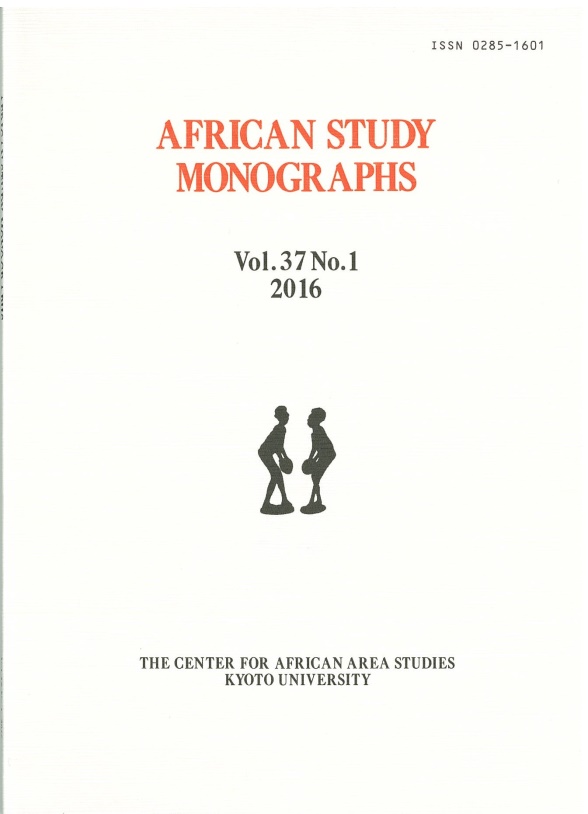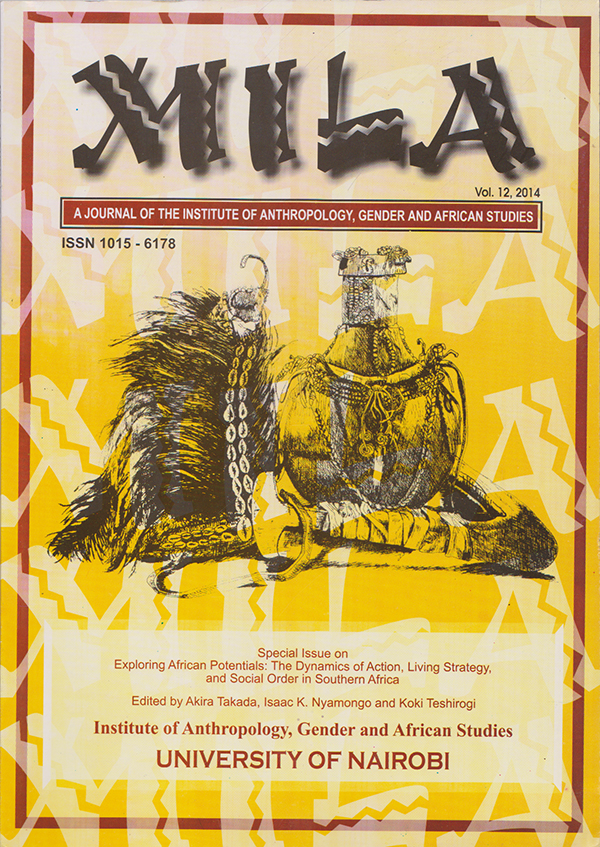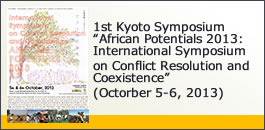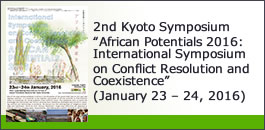Date: Tue., Oct. 09, 2012 15:00-17:30
Venue: Inamori Memorial Foundation, Kyoto University
Chiefdom in Africa: An institution of the past or for the future?
Petr Skalník (University of Hradec Kralove, Czech Republic)
Abstract
Chiefdoms have been in many ways transformed during the colonial and post-colonial times but they still exist in many parts of Africa, Oceania, the Americas and even in Asia. In Europe and non-native America various institutions such as political parties, trade unions, sports clubs and corporations function in ways that resemble chiefdoms. Chieftaincy in Africa is partly discredited and partly revered as a moral authority. In Ghana people and ethnic groups, especially those labeled “acephalous” vie for attaining chiefly status. “Chieftaincy quarrels” lead to armed clashes, unrest and loss of identity. At the same time the modern state in Africa is mostly corrupt, structurally weak or violent towards its own citizens. Chiefs still enjoy high moral status or strive to regain it. At the moment one witnesses revival of chiefdoms’ role as central institution of African society. The solution to the dilemmatic situation might be to “tame” the imported state by according to the chiefs the role of watchdog of democracy. I call it the New Indirect Rule, based on equality of state and chiefdom principles. Is it a wishful thinking or a viable project? What can we learn from Africa?


 Exploring African Potentials, Mila Special Issue
Exploring African Potentials, Mila Special Issue
